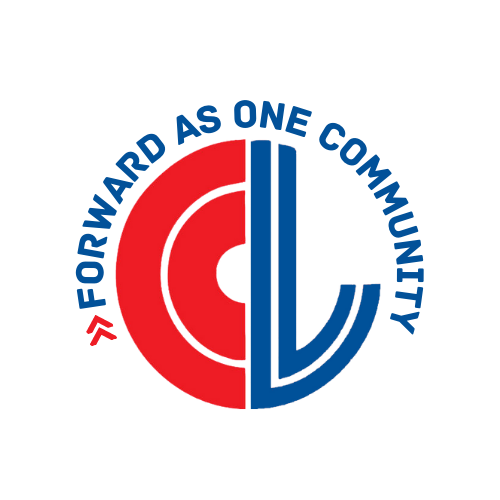Legacy and Longevity: A Playbook for Owner-Operators Who Think Long-Term
- Smart business owners know: legacy starts long before exit.
- Growth rooted in values builds staying power.
- Your wisdom is an asset—document it and pass it on.
- Deep community ties are part of your long-term equity.
- Succession is strategy, not retirement.
616 words ~ 3 min. read
Legacy and Longevity: A Playbook for Owner-Operators Who Think Long-Term
You didn’t build this business just to make money. You built it to make a mark—to create something that outlasts your time at the helm.
That’s legacy.
And the smart owner-operators know: legacy starts long before you hand over the keys.
Whether you’re five months or fifteen years from stepping back, building a legacy business means making intentional decisions now that will pay dividends later.
Lead With Values
Values aren’t soft—they’re strategic. Businesses grounded in clear principles like craftsmanship, fairness, and community trust outperform their peers according to HBR.
Ask yourself: Are your hiring decisions, customer experiences, and product standards aligned with what you believe in most? If not, that disconnect is eroding trust—and legacy.
Values-led growth is sustainable growth.
Codify Your Wisdom
Your experience is one of your greatest assets—but too often, it lives only in your head. That’s risky.
Start documenting the systems, instincts, and insights that drive your day-to-day:
- Record process videos for training.
- Create standard operating procedures.
- Mentor rising leaders intentionally.
Your know-how is your company’s operating system. Treat it like intellectual property—and invest in transferring it.
Root Yourself Locally
Legacy is measured by what your business means to your community.
Owner-operators are often local anchors—supporting schools, mentoring entrepreneurs, and sponsoring events. These efforts build goodwill, strengthen brand loyalty, and deepen your impact.
Investing in your local ecosystem isn’t charity—it’s long-term brand equity.
Plan Beyond Yourself
Succession isn’t about stepping away—it’s about strengthening your business for the future.
Here’s a simple way to begin:
Legacy Planning Starter Pack
- Identify: Who could lead in your absence?
- Document: Start with one key system per week.
- Align: Meet with a financial or legal advisor about timelines.
- Even if you’re years away from a transition, having a plan brings clarity and confidence—to you and your team.
The Takeaway
Trends change. Markets shift. But a business built on values, people, and purpose? That sticks.
Legacy isn’t what you leave behind. It’s what you build—day by day.
This playbook isn’t about retiring—it’s about leading with intention, every step of the way.
---
The Leavenworth-Lansing Area Chamber of Commerce is a private non-profit organization that aims to support the growth and development of local businesses and our regional economy. We strive to create content that not only educates but also fosters a sense of connection and collaboration among our readers. Join us as we explore topics such as economic development, networking opportunities, upcoming events, and success stories from our vibrant community. Our resources provide insights, advice, and news that are relevant to business owners, entrepreneurs, and community members alike. The Chamber has been granted license to publish this content provided by Chamber Today, a service of ChamberThink Strategies LLC.




